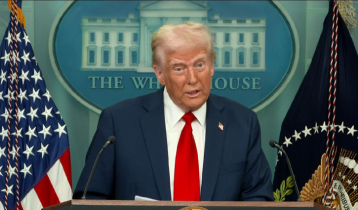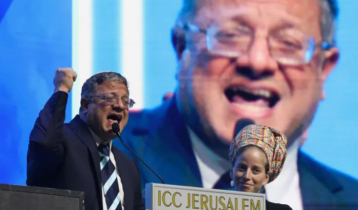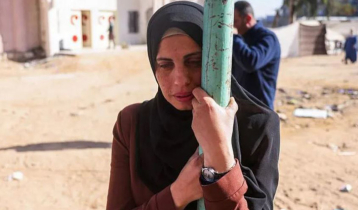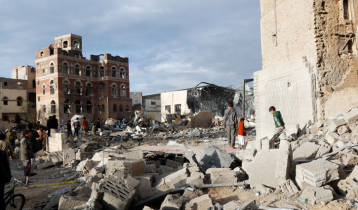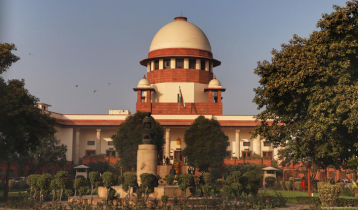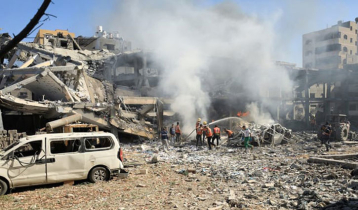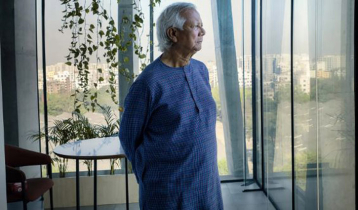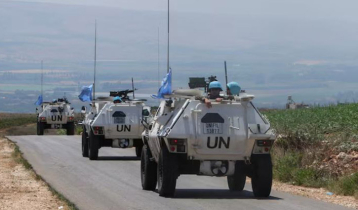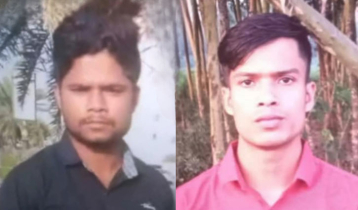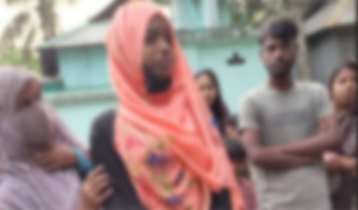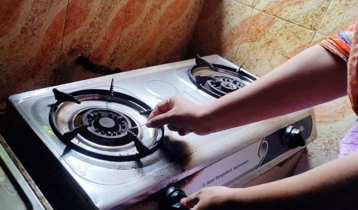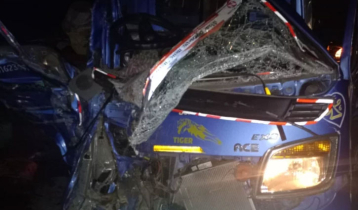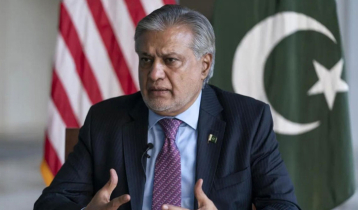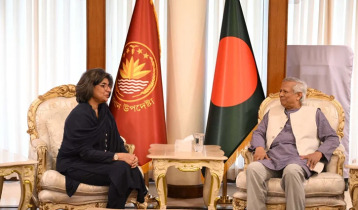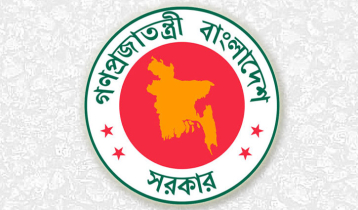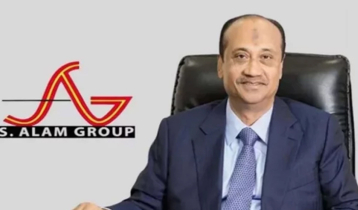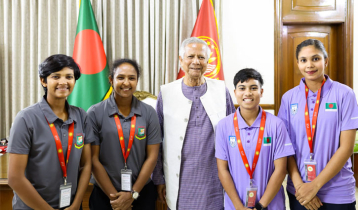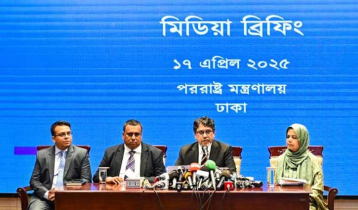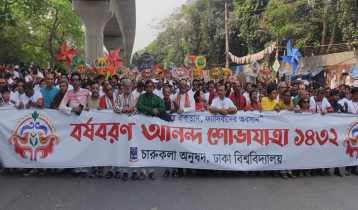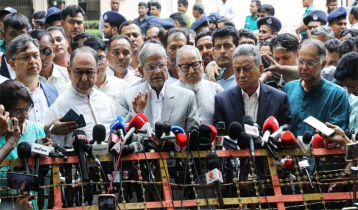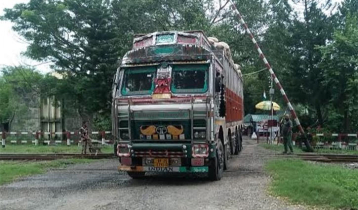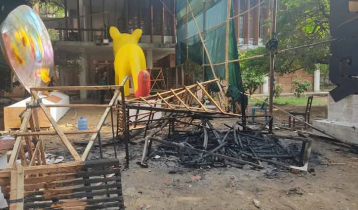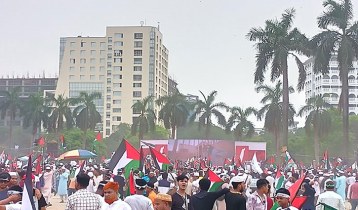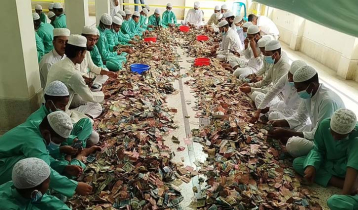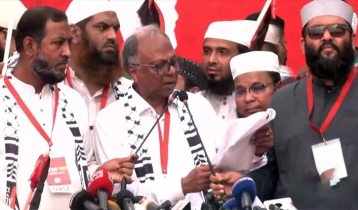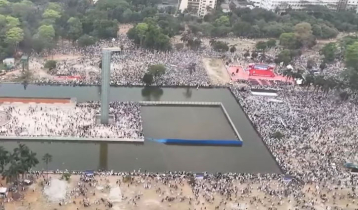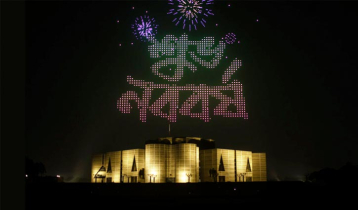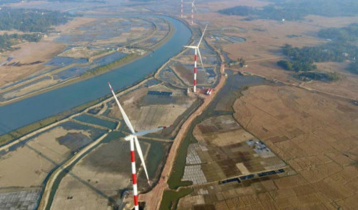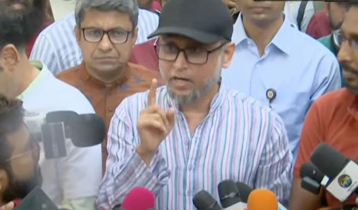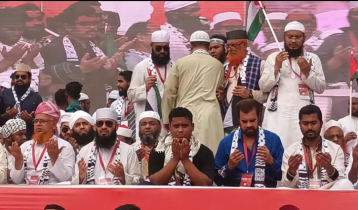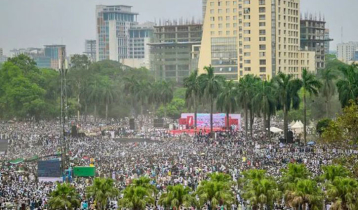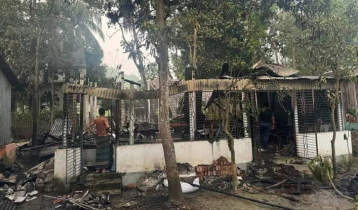‘Only Peace Conference’ of IWPG Global 3 Region held
News Desk || risingbd.com
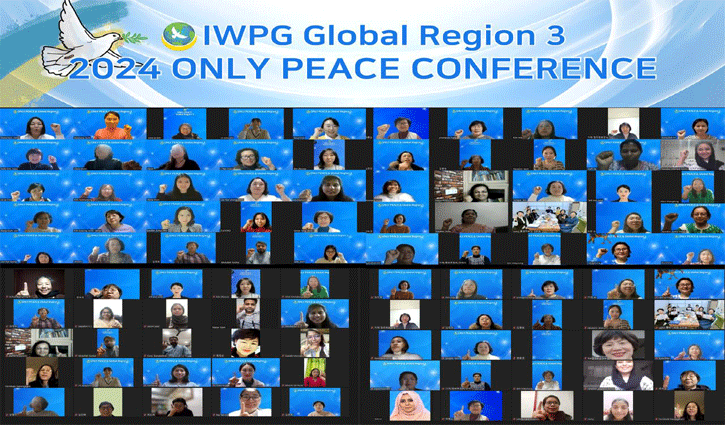
The Global Region 3 of the International Women’s Peace Group (IWPG) held the “Only Peace Conference” online on February 25 with eight countries.
The eight countries include South Korea, India, Maldives, Pakistan, Bangladesh, Sri Lanka, Afghanistan and Sao Tome and Principe.
Under the theme of “Strategies to Advocate DPCW & Women’s Solidarity,” in order to urge the enactment of the Declaration of Peace and Cessation of War” (DPCW) into international law to end conflicts and wars occurring around the world, it emphasized continuous exchanges and cooperation to support it as a necessary law for peace in each country, according to a press release issued on February 25.
“We need active support and activities to vigorously call for DPCW’s call for international law, which is the answer to peace,” said Heo Eun-joo, Director of IWPG Global Region 3, in a greeting. “We hope that there will be many good strategies to put the DPCW into international law so that it can be legally binding, and let’s all become little lions of peace to end global wars and join together in the most precious and valuable work of achieving peace that humanity has so hoped for.”
Lee Geum-hee, the representative of the IWPG Tongyeong Peace Committee, South Korea, said, “To create a peaceful world without war, we need more practical laws and institutions than just wishing for peace. This can be done by supporting the legislation of the DPCW and carrying out various activities for the introduction of the UN.”
H.E Maria de Fatima Afonso Vila Nova, First Lady of Sao Tome and Principe, said, “Let’s remember that the quest for peace is not a journey alone, but a concerted effort that requires participation and dedication from all of us. Let’s constantly strive to raise our voices, mobilize our communities, and build a world where peace comes first.”
Mariam, a student of IWPG Women Peace Lecturer Training (PLTE) in Afghanistan, complained of various inequality discrimination, including the ban on women’s employment and the coercion of early marriage. “To solve this problem, a peace culture should be more widespread, which is an essential strategy to prevent violent conflicts,” she stressed.

Saeeda Salim, School of International Studies in Science and Arts (SISA) in Pakistan, said, “In order for peace to become a real reality, not a difficult dream for everyone, the implementation of the DPCW in Pakistan is beyond its legal obligation. This serves as a ‘road’ for lasting peace and prosperity.”
Syeda Sadia Hasan, Executive Director Centre for Management Development, said, “It is important to effectively start peace education with women, as mentioned in the DPCW article.”
“We must establish peace in our country at the national level, and the DPCW focuses on preserving and promoting peace and culture, so we need to come up with a number of strategies and actionable plans to promote this noble concept,” Kannaki Prabakaran, Academician Correspondent & Secretary of AIWC schools in India, said.
Meanwhile, IWPG is an international Women’s Peace Group, an NGO registered both in UN DCG and UN ECOSOC and is working actively for various peace activities such as International Women Peace Network, Spreading Peace culture, etc and uniting with UN women organizations together for urging the legislation of DPCW.
Sony/AI

